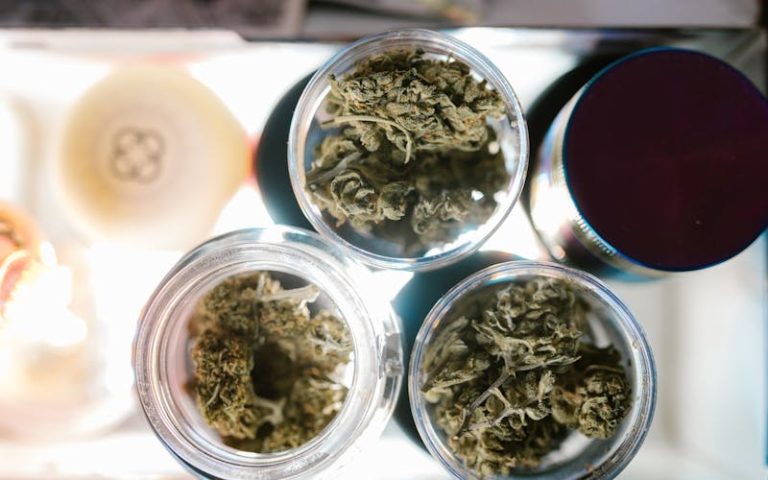
[ad_1]
Cannabis opponents and many mainstream media outlets have claimed over the years that cannabis is bad for human brains. As part of their ongoing claims, cannabis opponents often suggest that cannabis use causes psychosis.
Psychosis is a serious mental health condition and it is always worthy of research and thoughtful discussions. Public health strategies should be led by science and not the harmful political views and special interests of a small group of individuals.
A team of researchers in Canada recently examined the rate of reported psychosis before and after adult-use cannabis legalization took effect in Canada. Canada legalized cannabis in late 2018. Below is more information about it via a news release from NORML:
Quebec, Canada: The legalization of the Canadian marijuana market is not associated with increases in cannabis-related psychotic episodes, according to data published in The Canadian Journal of Psychiatry.
Canadian investigators assessed the frequency of marijuana-related psychotic incidents requiring hospitalization in the twelve months preceding legalization and in the twelve months following its enactment. (Canada legalized marijuana possession and retail sales in October 2018.)
Scientists reported “no increase in the proportion of ED consultations for a psychotic episode in which evidence for cannabis consumption was obtained before and after legalization.” They acknowledged that their findings were “in line with previous studies stating that legalization had no significant impact on ED’s consultations for psychosis.”
Two other Canadian studies have reached similar conclusions. The first, published in 2022, determined, “[The] implementation of Canada’s cannabis legalization framework was not associated with evidence of significant changes in cannabis-induced psychosis or schizophrenia ED [emergency department] presentations.” The second, published earlier this year, “did not find evidence of increases in health service use or incident cases of psychotic disorders over the short-term (17 month) period following cannabis legalization.”
In the United States, state-level marijuana legalization laws have not been associated with a statistically significant increase in psychosis-related health outcomes. Specifically, a 2022 paper published in the Journal of the American Medical Association (JAMA) Network Open found no association between the adoption of marijuana legalization and overall rates of psychosis-related diagnoses or prescribed antipsychotics.
Although the use of cannabis and other controlled substances tends to be more common among those with psychotic illnesses, lifetime incidences of marijuana-induced psychosis are relatively rare among those who do not have a prior psychiatric diagnosis. According to one recent study, fewer than one-half of one percent of cannabis consumers had ever reported experiencing psychotic symptoms requiring medical intervention – a percentage that is lower than the rate associated with alcohol.
Full text of the study, “Effect of cannabis legalization in Canada on the incidence of psychosis consultations in Quebec City’s psychiatric emergency services,” appears inThe Canadian Journal of Psychiatry. This article first appeared on Internationalcbc.com and is syndicated here with special permission.
[ad_2]
Source link